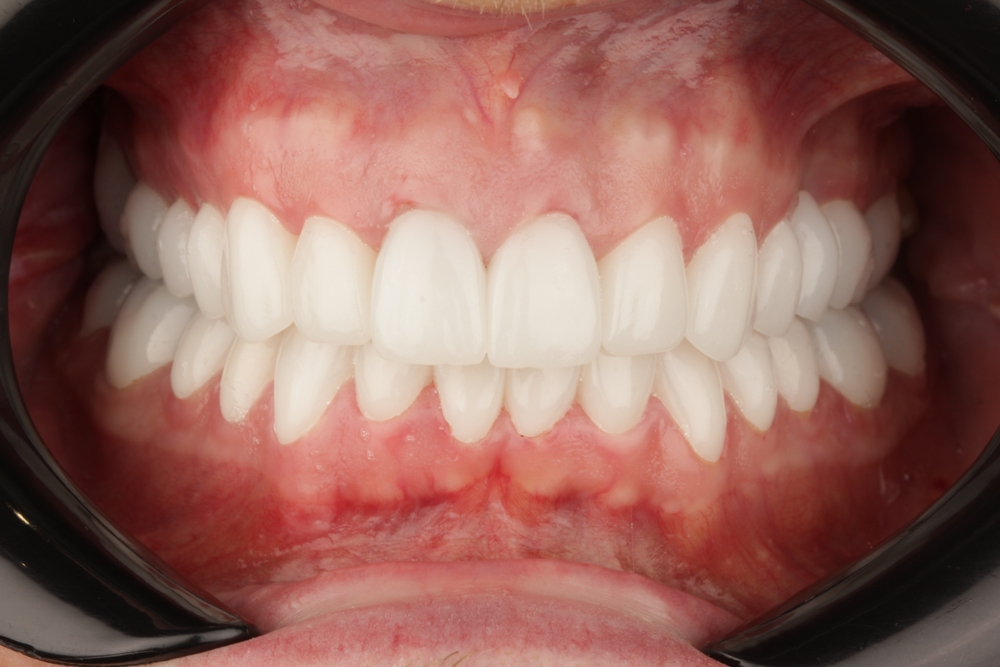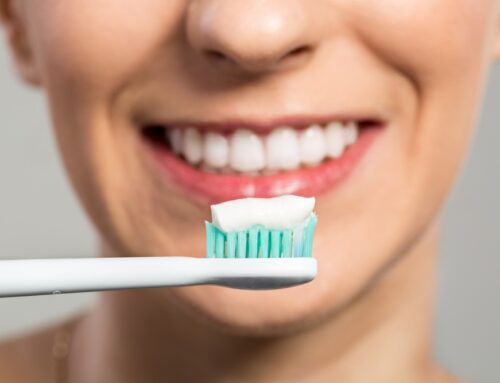If you have ever been to the dentist, there is a good chance you had some form of dental bonding treatment, and you may not have even been aware of it. According to the Cleveland Clinic, it’s one of the most commonly performed dental procedures today, and it can be used for a host of medically necessary and cosmetic reasons. Read on to find out more about dental bonding and all the conditions it can be used to treat!
How Does Dental Bonding Work?
In a dental bonding procedure, a tooth-colored composite resin material is applied to the teeth. Once it hardens, it creates a durable surface that will function similarly to your natural tooth enamel. The resin can last anywhere from 3 to 10 years, at which time you can choose to reapply it or pursue other options for restorative or cosmetic dentistry.
What Can Dental Bonding Be Used to Treat?
Patients and dentists love dental bonding because it is so versatile. If you have a damaged tooth that is chipped or cracked, dental bonding resin can be used to fill in the missing portion of the tooth and stabilize it so your condition won’t get any worse. If you have had amalgam fillings in the past, your dentist may advise you to have them replaced with dental bonding resin for a more natural appearance. Dental resin can even be applied to exposed tooth roots, preventing bacteria and acids from damaging them. Dental bonding can also be used for a range of cosmetic procedures, including:
- Tooth Whitening – much like porcelain veneers, dental bonding resin can cover up stained or yellowed teeth, giving you more confidence about the way your smile looks.
- Diminishing Tooth Gaps – Dental bonding resin can be used to close the gap between neighboring teeth.
- Tooth Lengthening – Some of our patients have what is known as a “gummy smile.” In these cases, the dental resin can be used to lengthen the teeth, allowing them to look more proportional to the gums.
- Reshaping Teeth – If you have a minor issue with your bite, the dental resin can be placed over specific teeth and allow them to meet up correctly with the rest of your teeth when chewing.
Benefits of Dental Bonding Compared to Veneers
When porcelain veneers are applied, a significant portion of the tooth will need to be ground away. This is not necessary with dental bonding. Your dentist may even refer to “composite veneers,” which is another name for a procedure in which dental resin is applied over the entire tooth surface and then reshaped to match your natural teeth.
Dental Bonding in Pennsylvania and New Jersey
If you are interested in finding out more about dental bonding, the team at ZDental will be happy to help you! We have 7 locations in New Jersey and the Philadelphia area, so visit our contact page to find the clinic that is most convenient for you. We can perform dental bonding and a range of other cosmetic dentistry procedures in Philadelphia, PA, and surrounding areas, so call us today for any dental concerns you may have!







Leave A Comment